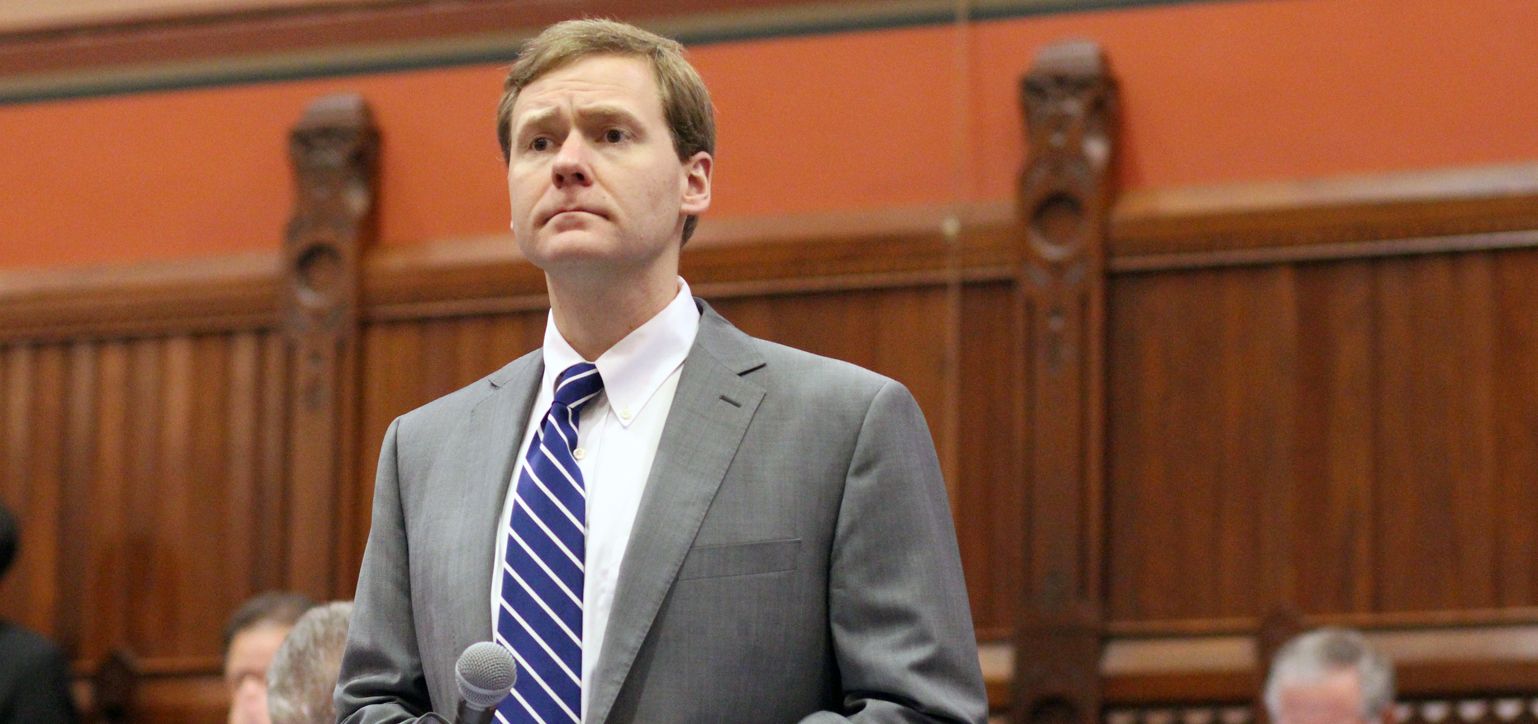On April 30, Speaker of the Connecticut House, Matt Ritter, addressed the Middlesex Chamber of Commerce, where he spoke candidly about the state budget, federal uncertainty, and key challenges facing Connecticut. He repeatedly referenced Rocky Hill’s Representative, Kerry Wood, who was also in attendance when discussing bills currently under debate among their caucus.
Ritter opened by noting that the state may soon announce a $1.7 billion budget surplus, but he urged caution on how it’s used, pointing to looming federal cuts—particularly to Medicare, where Connecticut relies on $800 million in federal support. “Paying down pension debt is important, but if we spend that $1.7 billion, we may very well wish we had it back,” Ritter warned.
After a variety of questions from non-profits concerned about funding and the role that they play in services to the public in Connecticut, Speaker Ritter emphasized “priorities” and that even in relation to the public benefits portion of our energy costs, and other hot-button topics, it would be helpful if legislators thought in terms of “priorities” versus whether they support something or not.
He expressed frustration with Washington, not only due to the executive branch, funding cuts, and chaos, but he was also critical of national Democrats for not doing more to find a path forward in the face of a slim GOP majority in the House. He pointed out that all though we are in the minority, we could have played a role in the election of Congress’s Speaker.
On the cost of living and energy, Ritter emphasized individual responsibility related to recycling and electricity use, but promised a “unique” energy relief bill is coming. He also addressed housing affordability, saying post-COVID migration has intensified demand—and while the state has programs and funding through CHFA to support building, “towns need to want to build.”Ritter closed by reaffirming that a budget will be passed before the session ends in June, but signaled a special session will likely be needed once Congress finalizes federal spending cuts.

